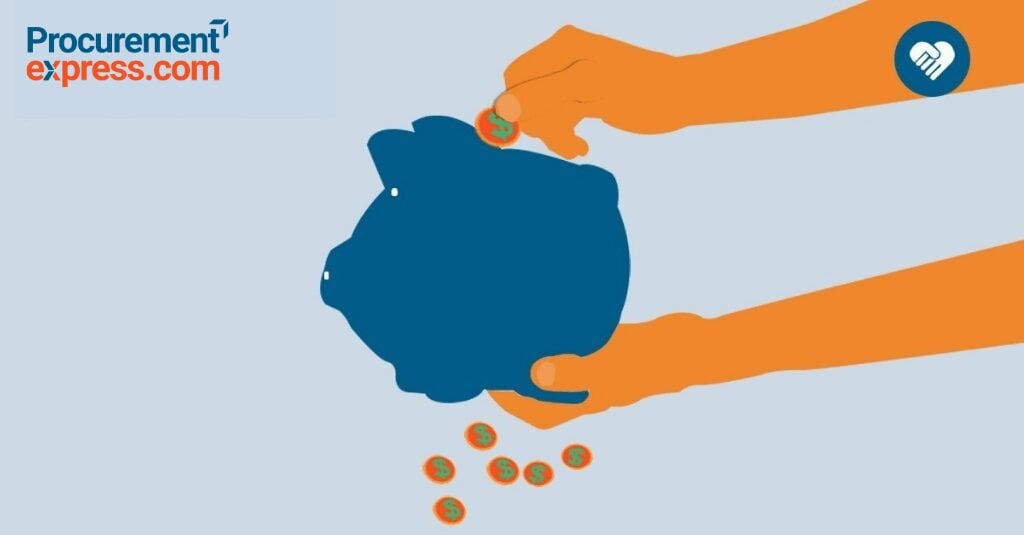
Losing funding is the worst that could happen to a charity organization. Without funds, all charity programs would come to an abrupt halt and dependents of charity funds would have no hope whatsoever.
A study (ran between 2010-2015) by False Economy reveals that, in England alone, more than 2000 charities continue to face funding cuts. The research revealed that charities faced a net funding of more than £110 million in 2015, this number has since almost doubled.
In the US, there have been talks of President Donald Trump’s administration cutting federal funding. There are other similar examples of worrying developments across the world. You may ask, “how do I know that my charity organization is about to lose funding?” This is not something that one can predict or even prevent from happening. However, charity leaders can still try to find out which areas of running their organization need some rework. They can do this by conducting an internal research that looks at their marketing, finance and management strengths and weaknesses.
Let’s look at seven warning signs that charity leaders should pay attention to.
1.There’s no cooperation between management and line staff
Charity programs can’t be successful without cooperation between management and line staff. This is only possible when there’s effective communication at all levels.
When there’s no cooperation, programs will take time to complete which leads to spending more funds.
Management is like a shock absorber that keeps the organization driving in balance. To keep your charity organization on the road you’ll have to make sure that you first win the cooperation of your line staff. Keep them motivated all the time and remember that success without them is impossible.
2.Funders are not happy with how you handle funds
In most cases, funders will air their satisfaction by requesting an urgent audit of funds. When this happens it’ll be a tad too late to reverse the outcome of audits, which mostly proves the funders suspicion right.
Instead of waiting for funders to call up a board meeting, or even, stop funding your organization, rather initiate reporting directly to them. This is what you should do:
- Make sure that all the financial affairs are transparent to funders.
3.Financial statements remain unaudited for far too long
Some of the reasons that force organizations to audit are:
- Federal state or local governments may request a copy of the organization’s audited financial statements.
- Charitable organizations that expend $750,000 or more in federal funds in a year are subject to special audit requirements.
- Some contracts with state and local governments to provide services in the community may require the charity organization to conduct an independent audit.
- Some state laws require that organizations submit a copy of their audited financial statements when they register with the state.
Auditing financial statements annually would allow potential and existing funders to see how your organization spend donations. Postponing auditing statements for far too long will only minimize chances of attracting more funding.
4. There’s no automatic tracking of deliveries
It’s important for charity organizations to keep a better track of all deliveries. There are many media reports of fictitious deliveries in war-torn countries doing rounds. For example, in Syria where food parcels meant for refugees ended up being sold.
Technology allows charity organizations to track deliveries from the warehouse to the destination using sophisticated tracking devices and software.
5.There’s no control over budgets
It’s important that charity organizations spend within budget all the time. Failure to do so results in wasting donated funds and ultimately, running out of funds. Managing budgets while still using paper-based system is not an easy task.
You can’t manage a budget without having a complete control over expenses. Organizations will need to employ an efficient software that allows managers keep an eagle eye on the budget. For example, Procurementexpress.com allows managers to introduce budget control measures that can decline user requests and route a request to a more senior person.
6. You don’t track KPIs
In our last blog, we touched on the importance of tracking KPIs such as:.
- Growth in donors: You track growth in donors because if you’re losing donors, the odds are that you’re about to close down.
- Donor retention growth: You want to track donor retention growth because it’s cheaper to keep the current donors happy than to look for new ones.
- Fundraising ROI: Then look at the fundraising ROI. What was the return on investment from all your fundraising campaigns?
Organizations not making an effort of tracking KPIs run a risk of losing funding in 2017. Moreover, they have slimmer chances of attracting more funding because of not stating their KPIs on their proposals.
7. You don’t monitor purchases
Charity organizations still using paper-based PO order system have greater chances of losing funds. This is because they find it difficult to monitor purchases.
Here are common problems experienced by organizations still using paper-based systems:
- PO requisitions are only approved after weeks.
- Fictitious deliveries are the order of the day.
- You can’t access purchase order reports instantly.
With Procurementexpress.com, chances of fraud are greatly minimized as charity leaders have enormous control over of all purchases. Charity leaders like yourself would be able to approve, reject or comment on POs and get an instant view of budgets. They would do all that even while on the road to a meeting!
What are you waiting for? Sign up for a free trial today!





